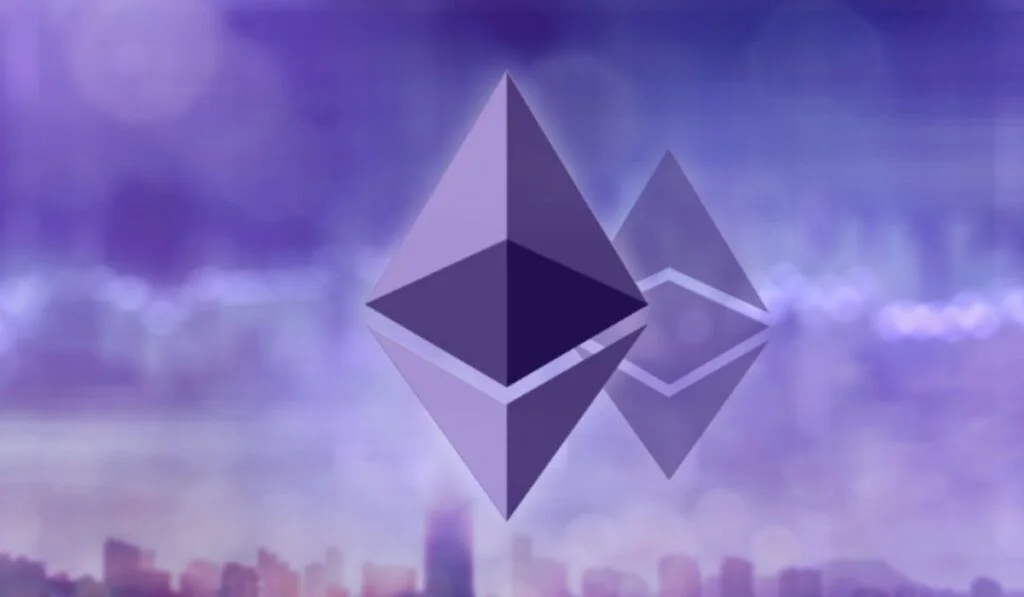Nicolas Liochon, the director of Consensys zkEVM Linea, says the company’s Ethereum layer 2 scaling solution will improve speed and execution as it undergoes optimization.

Nicolas Liochon, the head of Consensys’ zkEVM Linea, predicts that proto-danksharding will drastically reduce the cost of roll ups. Zero-knowledge proof (ZK-proof) solutions have proven to be crucial in assisting in scaling the Ethereum ecosystem.
Liochon estimated in an interview that proto-danksharding could reduce rollup costs by a factor of ten.
The objective of Proto-danksharding, also known as EIP-4844, is to reduce the cost of rollups, which typically combine transactions and data off-chain and submit computational proof to the Ethereum blockchain.
The Ethereum Foundation has yet to determine a launch date for proto-danksharding, but testing and development are ongoing.
As Liochon explained, Linea provides 15-times cheaper transactions than Ethereum’s layer one, but rollups are still constrained since transactions are posted in calldata in Ethereum blocks.
According to Ethereum’s documentation, rollups are still costly in terms of their potential because calldata is processed by all Ethereum nodes, and the data is stored on the blockchain indefinitely. However, the data only needs to be accessible for a brief time.
EIP-4844 will introduce data blocks that can be appended to blocks and transmitted. The data contained in blobs is inaccessible to the Ethereum Virtual Machine and will be deleted after a predetermined period, which is said to reduce transaction costs significantly.
“In reality, the cost of rollups is down to data availability. We are writing all the data to layer one which is why we have exactly the same security. But it’s expensive, it represents 95% of the cost.”
Liochon stated that Linea’s prover, which manages the off-chain computation that verifies, bundles, and generates cryptographic proof of the combined transactions, accounts for only a fifth of the cost.
This illustrates the most significant obstacle in making ZK-rollups the preferred scalability solution for the Ethereum ecosystem, as opposed to alternatives such as Optimistic rollups.
Liochon also stated that Linea intends to be a ZK-rollup for general use that will be utilized for a variety of decentralized Ethereum applications and solutions.
“We are a generic rollup. We don’t want to have a specific use case or specific domain. It’s quite important to support all type of applications, including DeFi, gaming and social.”
In contrast, Consensys successfully launched Linea in August 2023, having onboarded more than 150 count
